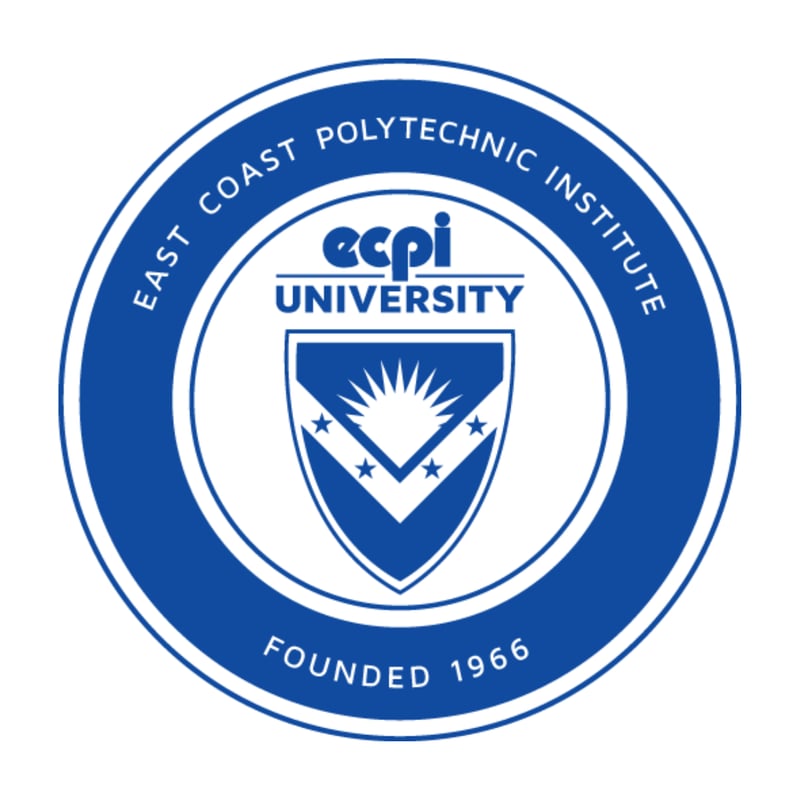
Financial aid (may be available)

No cost info

Financial aid (may be available)

Financial aid (may be available)

Financial aid (may be available)

Financial aid (may be available)

Financial aid (may be available)

Financial aid (may be available)

No cost info

Financial aid (may be available)

Financial aid (may be available)

Financial aid (may be available)

No cost info
This certificate program provides a foundation in supply chain and logistics management from both a U.S. as well as global perspective, preparing participants for professional careers with manufacturers and distributors, transportation carriers, and logistics service providers.
No cost info
American Military University (AMU) offers a logistics management certificate at the graduate level. It provides in-depth study of logistics and supply chain management with consideration of global impacts.
AMU’s online logistics certificate emphasizes transportation factors related to logistics, especially the maritime industry. The curriculum covers topics such as:
Transportation policy and planning
Transportation management and economics
Port and terminal operations
This program is an appropriate choice for those who wish to increase their knowledge of logistics and supply chain management without committing to a full degree program.
No cost info
No cost info
The online Logistics and Supply Chain Management Certificate from CCU will help you gain a deeper understanding of the processes and fundamentals within supply chain and inventory management, including purchasing and inbound logistics; material handling in distribution centers; warehousing and warehouse management; financial and inventory controls; transportation and distribution; and reverse and global logistics.
No cost info

Financial aid (may be available)

$2,730 total

No cost info
No cost info
Learn about the components of supply chains including supply chain networks, supply chain facilities, transportation, and inventory management as well as how emerging technologies affect them with our Supply Chain Fundamentals Certificate. These courses are perfect for learners seeking to enter the supply chain profession, as well as those who are seeking to enter supervisory roles or enter a new domain within the supply chain.
No cost info

Financial aid (may be available)
Are you interested in pursuing a career in logistics? If you're located in Omaha and want to find the best logistics classes near you, you've come to the right place. In this blog post, we will explore what logistics is, the training requirements for a career in logistics, what to look for in a logistics class, what to expect from day-to-day classes, the certification process, how to find related jobs, and what other classes you can take after becoming a logistics professional. So let's dive in!

Logistics is an essential component of any business that involves the movement of goods or services. It encompasses the planning, implementation, and control of the flow and storage of goods, services, and information from the point of origin to the point of consumption. In simple terms, logistics ensures that products are delivered to the right place, at the right time, and in the right condition.
Logistics is a field that involves managing the flow of goods and services from point A to point B. It includes tasks such as transportation, warehousing, inventory management, packaging, and distribution. Logistics professionals play a crucial role in ensuring that goods are delivered efficiently and cost-effectively.
To pursue a career in logistics, you will need to acquire the necessary skills and knowledge through vocational training. While formal education is not always required, most employers prefer candidates with at least a high school diploma or equivalent. Additionally, some employers may require a bachelor's degree in supply chain management, business administration, or a related field for higher-level positions.
When searching for logistics classes near you in Omaha, it's important to consider certain factors to ensure you find the best training program. Here are some things to look for:
Accreditation: Make sure the logistics class you choose is accredited by a recognized accrediting body. Accreditation ensures that the program meets certain quality standards and that the education you receive will be recognized by employers.
Experienced Instructors: Look for classes taught by instructors with real-world experience in the logistics industry. This will ensure that you receive practical and up-to-date knowledge that can be applied in the workplace.
Hands-on Training: Practical experience is crucial in the logistics field. Look for classes that offer hands-on training opportunities such as internships, simulations, or field trips.
Job Placement Assistance: Finding employment after completing your logistics class is important. Look for programs that offer job placement assistance or have partnerships with local businesses in the logistics industry.
Logistics classes provide students with the knowledge and skills necessary to excel in the field. Here are some things you can expect from day-to-day classes:
Classroom Instruction: Logistics classes typically involve classroom lectures where students learn about various aspects of logistics, including transportation management, inventory control, and supply chain management.
Case Studies: To enhance learning, instructors may use case studies to analyze real-world logistics scenarios. This helps students apply their knowledge to practical situations.
Group Projects: Collaborative work is often a part of logistics classes. Group projects allow students to work together and develop teamwork and communication skills, which are essential in the field.
Hands-on Exercises: Some logistics classes may include hands-on exercises, such as inventory management simulations or using software to track shipments. These exercises provide practical experience and help students understand the day-to-day tasks of a logistics professional.
While certification is not always required for a career in logistics, it can enhance your employment prospects and demonstrate your commitment to the field. There are several professional organizations that offer certifications for logistics professionals. The certification process typically involves meeting certain eligibility requirements, such as work experience or education, and passing an exam.
After completing your logistics class, you'll be ready to start your career in the field. Here are some ways to find related jobs in Omaha:
Online Job Platforms: Utilize online job platforms such as LinkedIn, Indeed, or CareerBuilder to search for logistics job openings in Omaha. These platforms allow you to filter job postings based on your location, experience level, and other criteria.
Networking: Networking is a powerful tool when it comes to finding job opportunities. Attend industry events, job fairs, or join professional organizations related to logistics to expand your network and learn about job openings.
Company Websites: Visit the websites of logistics companies in Omaha to check for job postings. Many companies list their open positions on their websites, allowing you to apply directly.
Once you have established a career in logistics, there are various other classes you can take to further enhance your skills and advance in the field. Here are some classes to consider:
Supply Chain Management: This class focuses on the coordination and management of all activities involved in the production and delivery of goods and services. It provides a broader perspective on the entire supply chain and can help you understand how logistics fits into the larger picture.
Project Management: Project management skills are valuable in any industry, including logistics. Taking a project management class can help you develop skills in planning, organizing, and executing projects efficiently.
Technology in Logistics: With advancements in technology, logistics professionals need to stay updated on the latest tools and software used in the industry. Taking a class on technology in logistics can help you understand how to leverage technology to streamline operations and improve efficiency.
If you're interested in pursuing a career in logistics, finding the right training program is crucial. By considering factors such as accreditation, experienced instructors, hands-on training, and job placement assistance, you can ensure you receive high-quality education and increase your chances of success in the field. Remember to check out Dreambound for more information on vocational training programs and career options in logistics and other industries. Good luck on your journey to becoming a logistics professional!
Dreambound is your go-to for city-specific guides if you're starting in this field. And if you're in another location or considering a change, we've written several others as well.
Thinking about making a big change in your career path? It's important to be well-informed before starting off on your journey. Dreambound has written hundreds of in-depth guides to help. Explore some of these resources below.
Dreambound's platform allows prospective students to find the right educational program for them through searching, filtering, and connecting with our extensive selection of career & technical education partners.
Dreambound has over 70 programs across healthcare, technology, business, and industrial trades. This includes programs such as Medical Billing, Cybersecurity, and welding.
Some of our schools offer financial aid for those who qualify. Many others offer payment plans, where you can pay the cost of class over time.
Yes, Dreambound offers many online programs. On Dreambound's search, you can filter by online, in-person, and hybrid (part online, part in-person).
Dreambound is completely free for you to use! We are supported by schools and organizations who pay to advertise on our website, so we can offer all of our career resources for free.